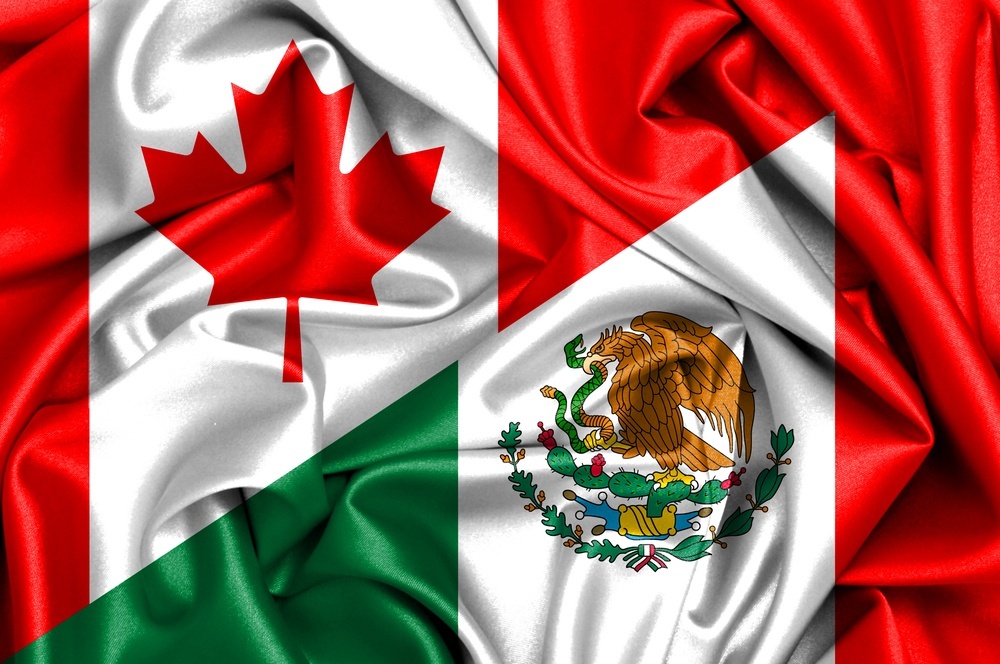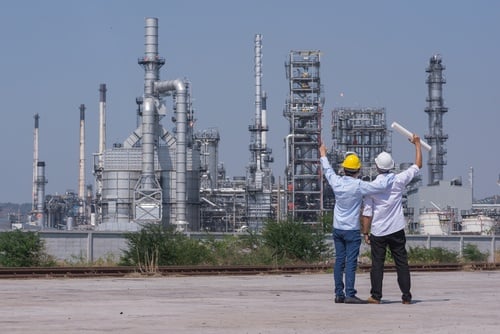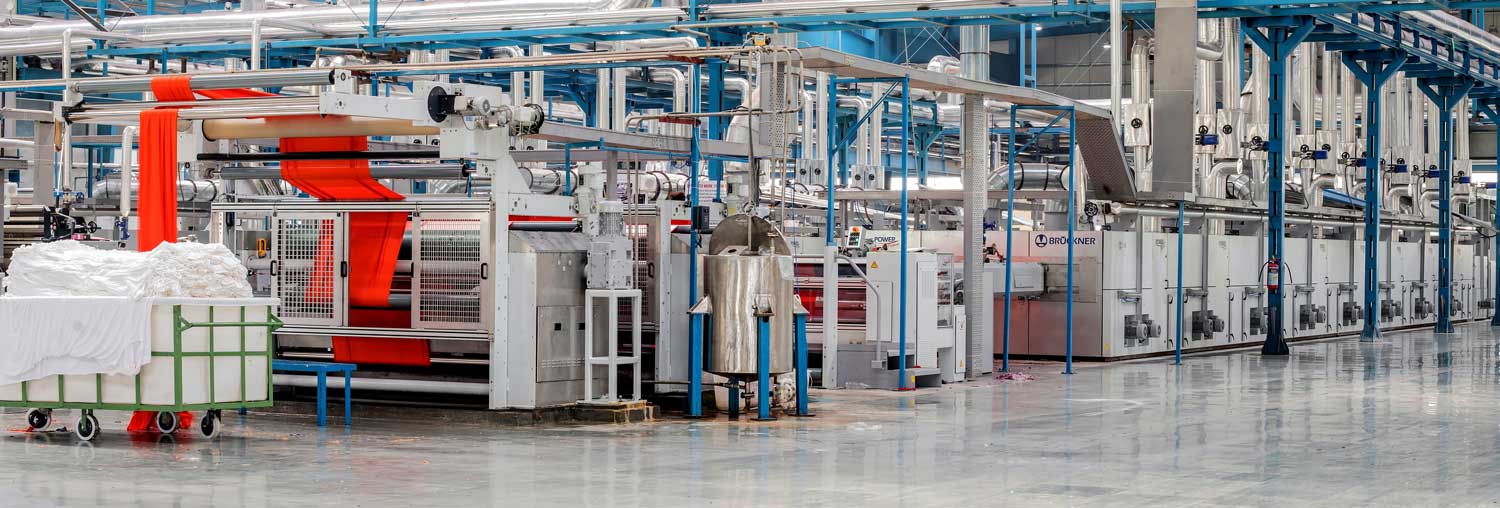Today, nearly every component of a plane can be manufactured in the aerospace industry in Mexico, including turbines and fuselages.
Mexico has signed the Bilateral Aviation Safety Agreement, or the BASA, a component of the international Open Skies policy initiative, with over 40 countries. This basically eliminates a step in the supply-chain since products no longer have to be examined internationally before being shipped off to consumers to undergo further assembly operations.
BASAs, provide for bilateral cooperation in a variety of aviation areas, including maintenance, flight operations, and environmental certification. The USA-Mexico BASA is an agreement between the Government of the United States of America and the Government of the United Mexican States for the advancement of aviation safety. This Bilateral International Treaty was implemented by the Federal Transportation Authorities of the United States of America and Mexico in Montreal, on September 18, 2007, and now binds the Governments of the two countries. The implementing authorities in the U.S. are the Federal Aviation Administration (FAA) of the Department of Transportation, and in Mexico are the Mexican General Directorate of Civil Aeronautics (DGAC) of the Ministry of Communications and Transport.
Within the BASA, the USA and Mexico agreed to facilitate acknowledgment of each other’s:
a. Airworthiness authorizations and environmental testing and approval of civil aeronautical products, and
b. Qualification evaluations of flight simulators.
Airworthiness Approval
“Airworthiness Approval” is a ruling that the design or change to a design of a civil aeronautical product meets standards agreed upon between both sides or that a civil aeronautical product conforms to a design that has been found to meet those standards, and is in a condition for safe operation. It is issued in the form of an export certificate of airworthiness. This certificate does not authorize operation of that aircraft. The FAA prearranged the procedure and method in which an export airworthiness approval for an aircraft engine, propeller, or article is used. If the FAA finds no unwarranted liability in administering the applicable requirements, an export airworthiness approval may be issued for a product or article located outside of the U.S.
In accordance to the BASA, the FAA and the DGAC will conduct technical assessments and work in a mutually reinforcing manner to develop an understanding of each other’s standards and systems in the following areas:
1. Airworthiness approvals of civil aeronautical products;
2. Environmental approval and environmental testing;
3. Approval and monitoring of maintenance facilities and maintenance personnel;
4. Approval and monitoring of flight operations and flight crew members;
5. Evaluation and qualifications of flight simulators, and
6. Approval and monitoring of aviation training establishments.
Implementation Procedures for Airworthiness
When such standards are sufficiently equal or compatible to permit acceptance of findings of compliance, the civil aviation authorities will fulfill written representation procedures describing the methods by which such mutual acceptance will be made with respect to that technical specialty. For aircraft certification, an additional document, an Implementation Procedures for Airworthiness, is developed. The purpose of the IPA is to outline the civil aeronautical products, parts, and appliances qualified for import into the U.S.A. and Mexico, and to describe the boundary requirements and activities between authorities for the import and sustained support of those civil aeronautical products, parts, and appliances.
The fundamental standard is to maximize the use of the exporting civil aviation authority’s aircraft certification system to ensure that the airworthiness standards of the importing civil aviation authority are satisfied.
Manufacture Approval
All aerospace manufacturers in Mexico must obey all requirements in order to obtain “Manufacture Approval” from the Aeronautic Authority to proceed with any manufacturing/production process. The DGAC is the authority that evaluates, qualifies and applies sanctions. The Manufacture Approvals are based on the documentation of the Aeronautical Manufacturing Process. Under this process, the Aeronautical Authority sequences and summarizes the purposes and provides a detailed list of the applicable requirements, responsibilities, certificates, and other provisions to obtain such approvals.
Challenges for the DGAC
The DGAC as the regulatory entity in Mexico implementing the BASA faces also the adaptation to today’s needs in the specialized markets, in a collaboration of nations as with the U.S.A., and as such it must deal with the the ability to enforce its provisions, rules and agreements reached at the Chicago Convention, the Convention on International Civil Aviation of the International Aviation Organization, and other International Treaties to which Mexico is a Signatory, the Mexican Civil Aviation and other National Laws and Rules and its Technical and Official Standards.
The U.S. – Mexico BASA in 2012
Now, 5 years after the BASA was formed between the U.S.A and Mexico, opportunities are beginning to steadily exceed the expectations that existed at its initiation. The BASA is expected to continue to support the growth and expansion of aerospace manufacturing in Mexico, as well as in the improvement in communications and the development for those involved.
Recent Mexican changes in Mexican labor law, such as: the ability to pay wages on an hourly basis, alteration to initial training regulations (three or six months), and the creation of a more flexible legal framework for hiring and firing workers will also create an environment conducive to further growth in the aerospace industry in Mexico.
Subscribe
Sign up and stay informed with tips, updates, and best practices for manufacturing in Mexico.





